Chip Manufacturers have increased production, still not able to meet the demand
By MYBRANDBOOK
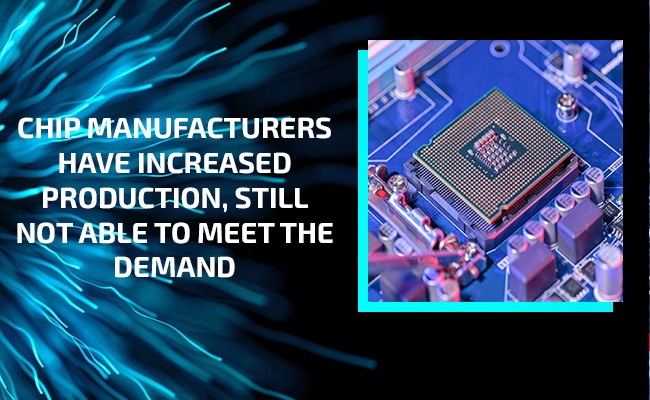
We have been seeing the global shortage of semiconductors, the semiconductor industry found itself in an unaccustomed spotlight. Suddenly everyone was talking about the tiny chips that enable many different car functions, from interior lighting to seat control to blind-spot detection. When some high-tech and consumer-electronics companies began to experience chip shortages or voiced concerns about supply chains, the attention intensified. It’s now clear to all that we are living in a semiconductor world.
A report says, there is a huge demand-supply gap, the global smartphone applications processor market grew 23% to $30.8 billion in 2021. But the current chip shortage is unlikely to be resolved in the near future, partly because of the complexities of the semiconductor production process. Typical lead times can exceed four months for products that are already well established in a manufacturing line.
Increasing capacity by moving a product to another manufacturing site usually adds another six months (even in existing plants). Switching to a different manufacturer typically adds another year or more because the chip’s design requires alterations to match the specific manufacturing processes of the new partner. And some chips can contain manufacturer-specific intellectual property that may require alterations or licensing.
Sales are jumping as computer chips spread to every part of consumers’ lives, becoming essential components of products from cars to smart devices to clothing. Surging demand during the pandemic also resulted in a shortage. There has been rapid growth of the technology sector, and increased cloud usage, as well as ongoing consolidation in many sub-segments. One consequence is that the semiconductor industry’s profitability has improved significantly relative to other industries, and this trend is expected to continue.
When we saw the statistics, Qualcomm tops the global smartphone apps chip market with double-digit growth. Qualcomm maintained its smartphone AP leadership with a 38 per cent revenue share, followed by MediaTek and Apple with 26 per cent each, according to market research firm Strategy Analytics. A report says, Carmakers rely on bigger, older chips while phone makers are using the latest processors.
The generation of chips that the auto industry uses is five years behind smartphones and consumer durables. Whereas, smartphones are sold in far higher volumes than vehicles, making them a preferred customer of suppliers. Another report says, the demand for latest processors comes with the introduction of new smartphone apps and applications.
Amid the acute demand-supply gap, the global smartphone applications processor market grew 23 per cent to $30.8 billion in 2021. Apple, MediaTek, Qualcomm and Unisoc gained market share while HiSilicon and Samsung LSI lost share. The main cause of the issue is, there is imbalance of the supply chain due to Geo-political issues.


Legal Battle Over IT Act Intensifies Amid Musk’s India Plans
The outcome of the legal dispute between X Corp and the Indian government c...

Wipro inks 10-year deal with Phoenix Group's ReAssure UK worth
The agreement, executed through Wipro and its 100% subsidiary,...

Centre announces that DPDP Rules nearing Finalisation by April
The government seeks to refine the rules for robust data protection, ensuri...

Home Ministry cracks down on PoS agents in digital arrest scam
Digital arrest scams are a growing cybercrime where victims are coerced or ...


Icons Of India : ASHISH KUMAR CHAUHAN
Ashish kumar Chauhan, an Indian business executive and administrator, ...
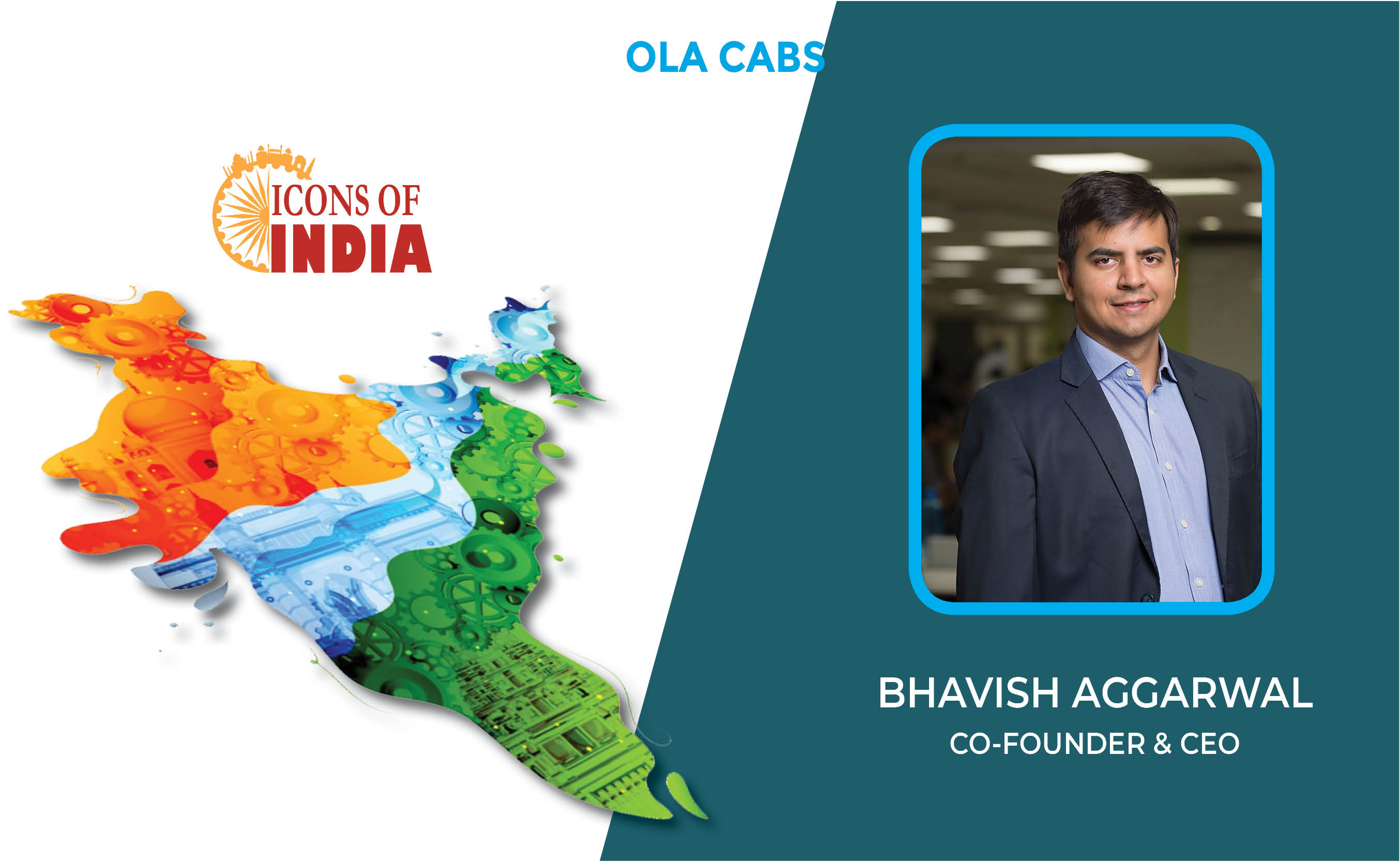
Icons Of India : Bhavish Aggarwal
Indian entrepreneur Bhavish Aggarwal is the CEO of Ola, India’s larg...
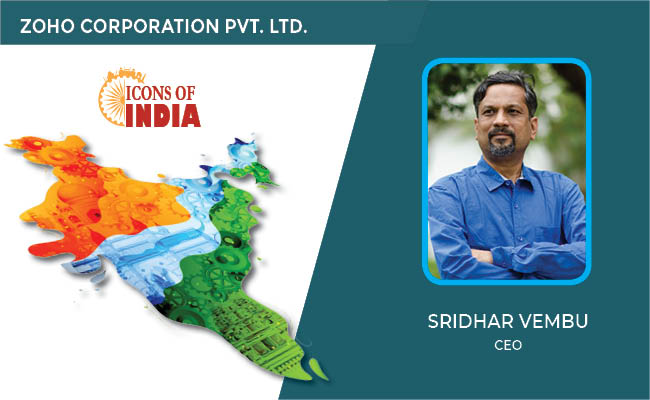
ICONS OF INDIA : SRIDHAR VEMBU
Sridhar Vembu is the chief executive officer (CEO) of Zoho Corporation...

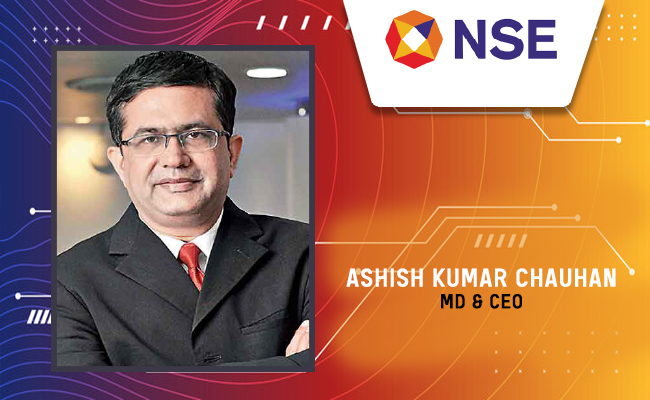
NSE - National Stock Exchange
NSE is the leading stock exchange in India....

IREDA - Indian Renewable Energy Development Agency Limited
IREDA is a specialized financial institution in India that facilitates...
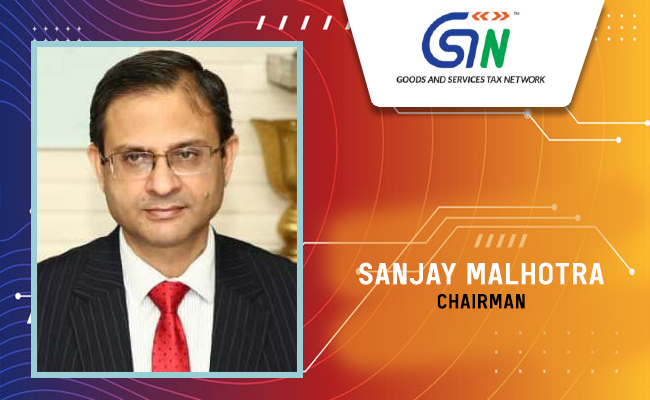
GSTN - Goods and Services Tax Network
GSTN provides shared IT infrastructure and service to both central and...

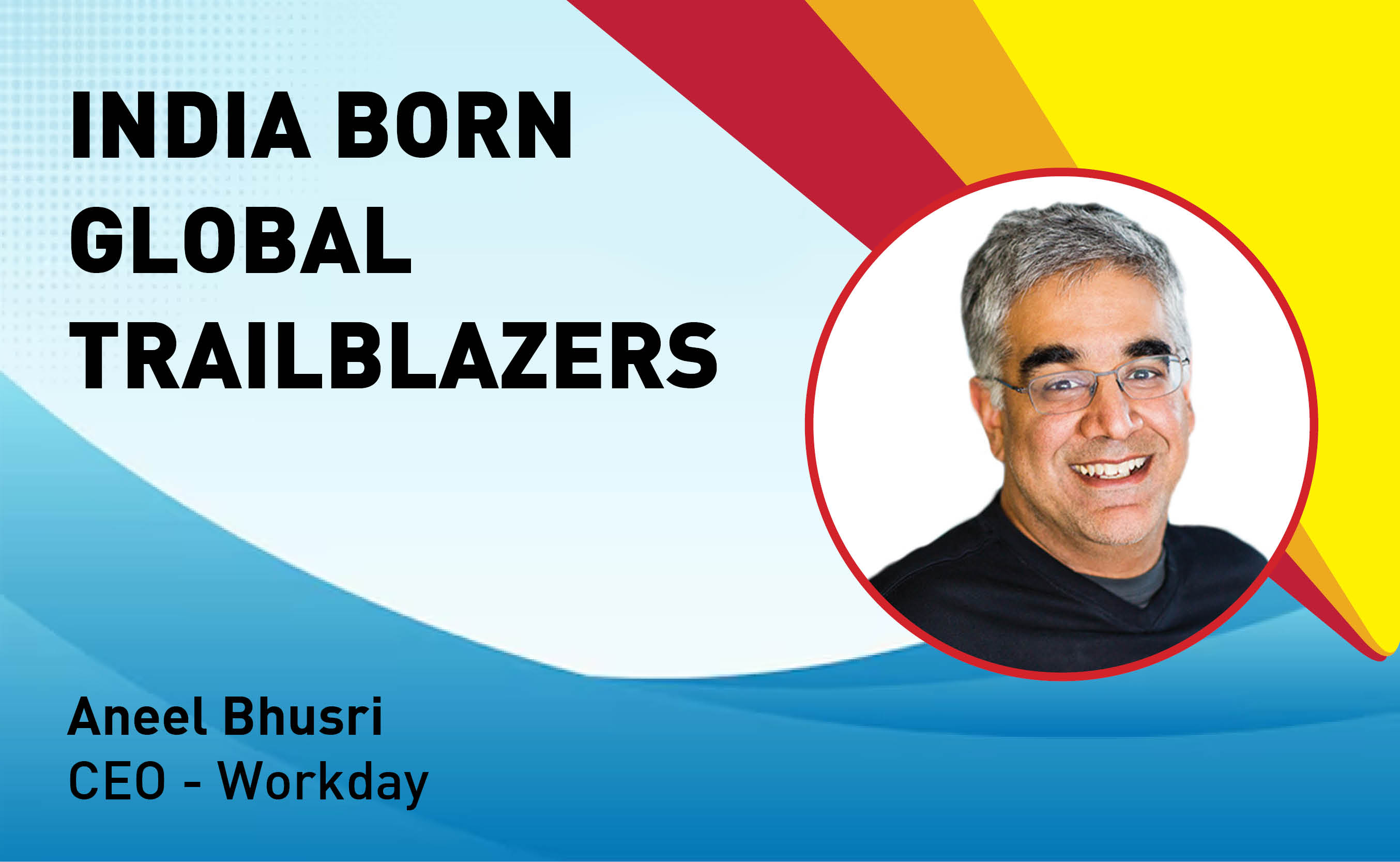
Indian Tech Talent Excelling The Tech World - Aneel Bhusri, CEO, Workday
Aneel Bhusri, Co-Founder and Executive Chair at Workday, has been a le...
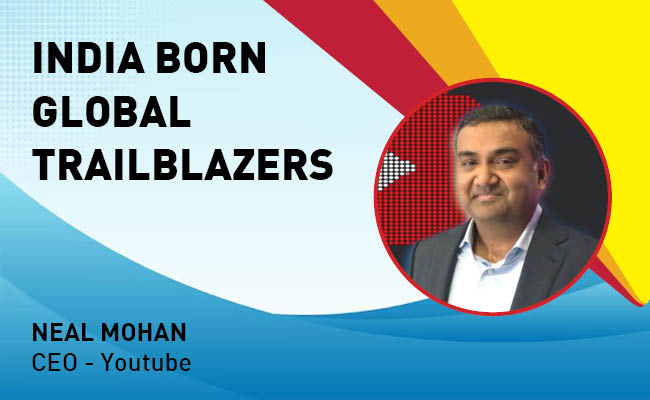
Indian Tech Talent Excelling The Tech World - NEAL MOHAN, CEO - Youtube
Neal Mohan, the CEO of YouTube, has a bold vision for the platform’s...
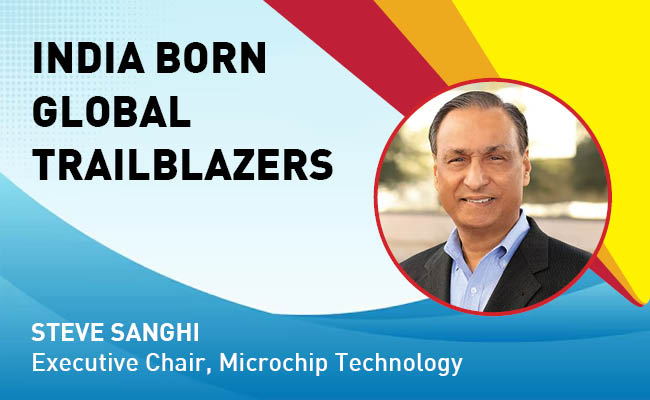
Indian Tech Talent Excelling The Tech World - Steve Sanghi, Executive Chair, Microchip
Steve Sanghi, the Executive Chair of Microchip Technology, has been a ...
 of images belongs to the respective copyright holders
of images belongs to the respective copyright holders